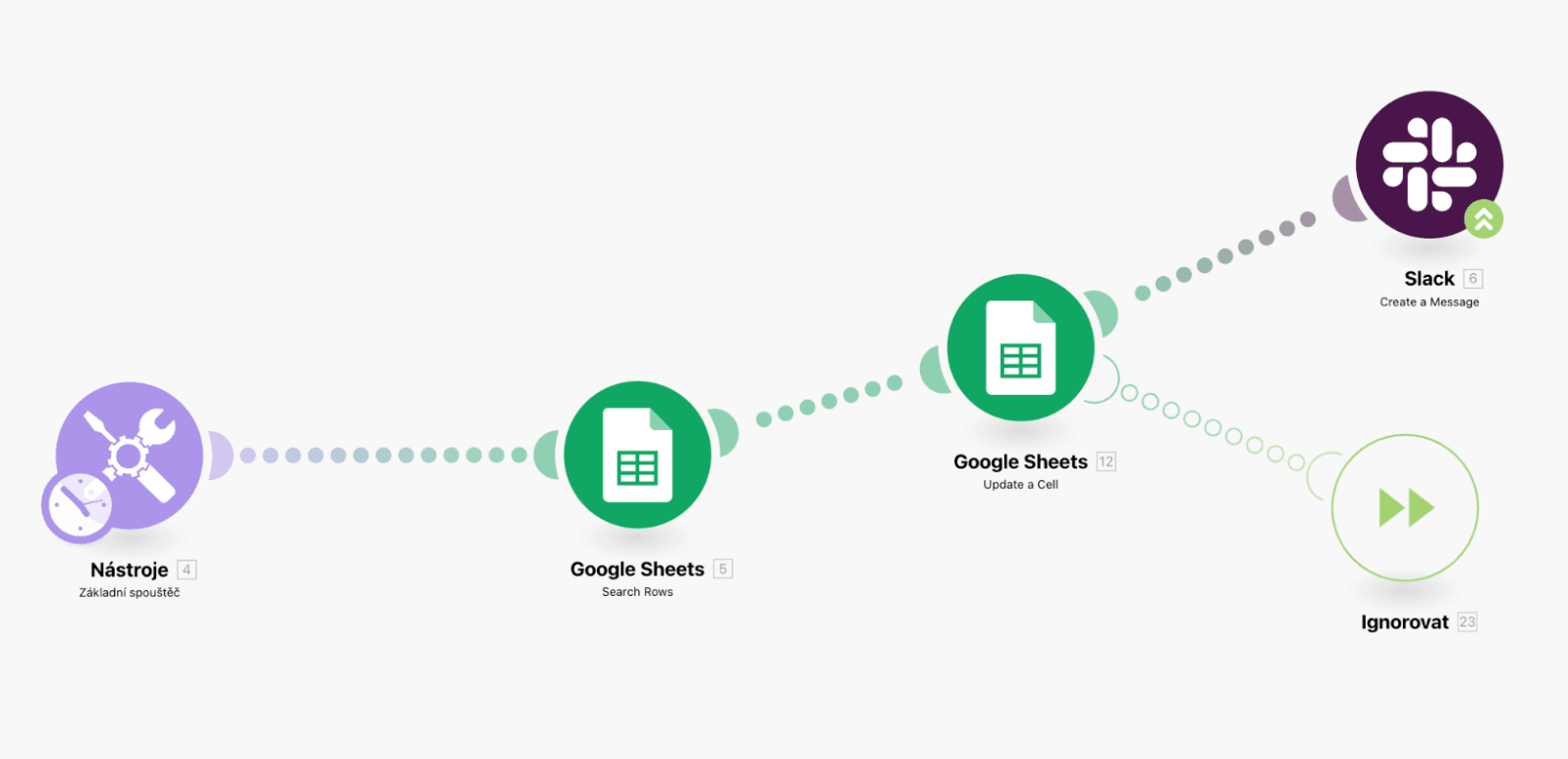Aug 23, 2022
Expanding Mental Health Care Services with Automation: The Hedepy Story
Learn how online therapy company Hedepy expanded mental health care services by automating its processes.

Few topics deserve as much attention as mental health. And rightly so, because mental health ranks high among the causes of disease and disability worldwide.
Hundreds of millions suffer from mental illness, and evidence suggests that poor mental health costs the world economy between 2 and 5 trillion dollars a year due to reduced productivity.
While there are many factors that contribute to this crisis, studies point at accessibility to mental health care services as one of its main causes.
Fortunately, an online therapy company took an optimistic approach, and turned to automation to address the problem of mental health care accessibility.
Let’s take a look at the story of Hedepy, and how they leveraged automation to make mental health care more accessible to thousands of people across the world.
Forget about AI: The key is in the processes
When the topics of health care and automation are brought up together, you’ll notice that the conversation is usually focused on solutions that don’t exist yet.
We’re talking about artificial intelligence, and whether automated software (like conversational chatbots) will replace counselors, psychologists and psychiatrists in the future.
To address the accessibility problem, the solution often lies within the archaic processes that often plague public and private health care systems.
In other words, the best shot at expanding accessibility to mental health care services is to automate its core processes and workflows.
As Hedepy Co-founder Roman Zámečník puts it: “In Europe, 60% of the people suffering from mental health issues are left alone. Our vision is to help millions feel better by making therapy more accessible and easier to understand”.
Needless to say, the concept of online therapy isn’t new.
What makes Hedepy different is how they leveraged automation to become more efficient, and cover a much larger base than other institutions relying on legacy processes.
“We ourselves experienced how hard it is to find a therapist for online sessions - and because we had some therapists in our friends circle we decided to change that”, says Zámečník.
And so they did.
To better understand how, let’s take a look at some of the processes Hedepy managed to automate with Make.
Hedepy's take on mental health care automation
Waiting times vary between countries, but patients usually have to wait between 3 and 12 weeks to see a mental health specialist.
And when processes stall, people suffer. But that’s not all: On top of poor processes, health care organizations have to deal with staff restrictions.
Surprisingly enough, these processes often involve tasks we would consider simple: Approving an order, checking free slots in calendars, and so on.
This is what makes automation so relevant: On top of streamlining processes, it empowers smaller teams to do more.
By leveraging Make, Hedepy was able to automate much of its time-consuming tasks, including:
Saving invoices from email to Google Drive, where accounting can access them directly
Controlling canceled invoices sent to clients and then updating them in Google Drive
Checking for new payments made by customers
Answering professionals who get in touch to join the Hedepy network
All of this (and more) is done automatically by Make.
“Make helps us automate administration and marketing tasks, like saving invoices to Google Drive, answering leads emails, and controlling bank account payments”, says Zámečník. “Our dev team is small, so we need to invest their time wisely and bring value to our users.”
Results: More coverage, better care, happier people
By automating the bulk of their internal processes, Hedepy was able to grow incredibly fast, serving thousands of patients around the world in more than 9 different languages.
As if this weren’t enough, automation has produced a shift in the company culture.
“Even though we are not tracking specific KPIs, the amount of time we saved is huge”, says Zámečník. “Make has transformed our workplace for the better. No one likes repetitive tasks, people want to engage in smart tasks - and now they can.”
As the Hedepy story shows, automation has the potential to make an instant impact in both the reach and quality of mental health care.
Simple automated processes can sharply reduce waiting times, facilitate appointments, and match patients with the right professionals on the spot, among other things.
All it takes to get started is a Make account, and the strong conviction that we can - and should - improve the accessibility to mental health care services for those who need it.
Ready to make the automation revolution happen?



